Collegio Universitario di Merito
Collegio A Volta is officially a Collegio Universitario di Merito according to the terms and requirements set by the Ministry for Universities and Research. The official, ministerial act is available on the College web site at this page.
Volta fulfilled the requirements set by Ministry during the academic year 2018/19 and maintained them ever since but Ministry suspended formal procedures for three years due to the Covid pandemic and only resumed them in September 2022. The College gratefully acknowledges the support of College staff and the role of Volta students in the process that led to this major achievement.
First Intervention Medicine
The Harvey Medical Society, a student's group hosted by Collegio A Volta, is holding a meeting on First Intervention Medicine in the College Lecture Theatre on Thursday the 18th of May at 6.30 pm. The guest speaker will be Dr Attracta Heffernan, MB, BCh, a graduate of Trinity College Dublin who has worked as an Associate Specialist in Accident and Emergency Medicine, Beaumont Hospital Dublin until 2020.
All medical students of Collegio Volta are invited to attend. The poster of the event is available here.
Image courtesy of www.injurynet.com.au.
Behavioural Eating Disorders
Collegio B Griziotti is holding an interesting day meeting on 20th of May on Behavioural Eating Disorders. Nutrition is a major health issue: half the deaths that occur worldwide before the age of 5 are due to under or malnutrition and 1.9 billion people out of 8 billions are obese. Behavioural Eating Disorders are another significant health challenge. They frequently affect young people and have a major impact on the life, study and work of the persons affected.
The meeting of 20th of May involves local experts and will provide a valuable opportunity for addressing the topic. The meeting is open to students outside Collegio B Griziotti including interested members of Volta.
The poster of the event is available here.
Macromolecular NMR
Christina Redfield, Professor of Physical Chemistry at the University of Oxford will give a course in College on Macromolecular NMR starting on Monday the 8th of May each day from 2.00 pm in College lecure theatre. The Course wll be of special interest to postgraduate members of College reading Cheistry, Biology, Biotechnology and Pharmaceutical Sciences subjects.
The poster of the event is available here. Additioanl information is available at this page.
Image
Graphic representation of the NMR analysis of a protein showing that part of the protein is folded and part is disordered (courtesy of K Wüthrich).
Macromolecular NMR
Christina Redfield, Professor of Physical Chemistry at the University of Oxford and a world leader in the biological applications of NMis giving an advanced, postgraduate course on Macormolecular NMR. The course is of special interest to Colleg students enrolled in MSc Courses in Chemistry, Biology, Biotechnology and Pharmaceutical Sciences.
The poster of the Course is available here. The main topics of the Course are the following:
[1] Basic concepts in NMR Spectroscopy
[2] Assignment of Protein NMR Spectra
[3] Assignment using 1H NMR methods
[4] Assignment using 15N and 13C Labeling
[5] Extracting Structural Information from NMR Parameters
[6] Structure Determination from NMR
[7] Protein Dynamics
[8] NMR of Nucleic Acids
[9] Protein-ligand interactions
Image: Typical two-dimensional NMR spectra.
Mathematical Topics in Fluid Mechanics and Applications
Ugo Gianazza, Professor of Mathematics at the University of Pavia and former director of the Department of Mathematics is giving an advanced, postgraduate course on the Mathematics of Fluid Mechanics and its Applications in College starting on March 20th and continuing twice a week (Monday and Thursday) at 6.00 pm in Seminar Room 1 until the end of May. College students enrolled in MSc or PhD Courses in Mathematics, Physics, Engineering and Chemistry are welcome to join this lecture series. The main topics covered by the course are listed below:
[1] Physics of the Navier-Stokes Equations
[2] Preliminary Analytical Tools
[3] Time-Dependent Navier-Stokes Equations in Bounded Domains
[4] Proof of the Leray-Hopf Existence Theorem
[5] Higher Integrability and Consequences
[6] Recovering the Pressure
[7] A Short Introduction to Partial Regularity
[8] Applications and Open Problems
The poster of the course is available here. The lecture notes of the course are available here.
Image: Courtesy of the University of Minnesota (https://cse.umn.edu/math/mathematical-fluid-mechanics)
Fluid Mechanics
Ugo Gianazza, professor of Mathematics at the University of Pavia and a former of the Department of Mathematics, will give a Course in College on Mathematical Topics in Fluid Mechanics and Applications. The Course is addressed to MSc students in Mathematics, Physics, Engineering and Chemistry and College students enrolled in these course are welcome to participate.
The poster of this lecture series is available here. A list of key topics to be covered in the course is available on the poster itself.
Image
Courtesy of CJ Howland (University of Cambridge).
A Scientific Education
Carl E Wieman, a Nobel laureate in Physics from Stanford University will give the fifth seminar of the College series on Access to Education onlinehis contributions to in the College Lecture Theatre at 6.00 pm on tthe 3rd of May. Carl E Wieman, known for this contributions to the discovery of Einstein-Bose condensates, has argued for years that current approaches to the teaching of science subjects are ineffective and has offered new and radical approaches to this important topic. The majority of Volta undergraduate and postgraduate students are engaged in science studies and alll members of the College are warmly encouraged to attend Carl E Wieman's seminar.
The poster of the event is available here. The abstract of the seminar and a short biographic sketch of the speaker can be found at this page.
Image
A graphic representation of physical variables accounting generated by an Artificial Intelligence approach. Courtesy of the Department of Engineering of Columbia University.
Personalised Medicine
Salvatore Piscuoglio of the University of Basel will give a seminar at 4.30 pm on Wednesday the 26th of April at the Golgi//Spallanzani Institute (via A Ferrata 9) entitle Augmenting Precision Oncology Using in Silico Tools and patient-derived 3d Models. Cancer therapy is one of the areas in which the development of personalised approaches is proving very valuable and the seminar will review progress in the field and highlight the speaker's contribution. All College students are invited to attend, in particular medical students and science students reading Biology, Biotechnology and Pharmaceutical Sciences.
The poster of the event is available here. The abstract of the seminar and a short biographic sketch of the speaker can be found at this page.
A Scientific Approach to Science Education
3 May 2023. Carl E Wieman, Stanford University
A scientific Approach to Science Education
On Wednesday the 3rd of May 2023 at 6.00 pm, Carl E Wieman of Stanford University will give an online seminar entitled A scientific Approach to Science Education in the College Lecture Theaatre. Carl E Wieeman, a Nobel laureate in Phyiscs for the discovery of the Einstein-Bose condensates, has been a strong advocate for the development of new and more effective ways to teach science subjects and has contributed new and radical ideas to this important topic. The poster of the seminar is available here.
_____________________________________
Abstract
Guided by experimental tests of theory and practice, science and engineering have advanced rapidly in the past 500 years. Guided primarily by tradition and dogma, education in these subjects has remained largely medieval. Recent research on how people learn, combined with careful experiments in university classrooms, is now revealing much more effective ways to teach and evaluate learning than is currently used in most classes. I will discuss these results and what they tell us about principles of learning and their effective implementation in science courses. This research is setting the stage for a new approach to teaching that can provide the relevant and effective science education for all students that is needed for the 21st century. It also shows better ways to evaluate teaching quality.
Biographical Sketch
Carl Wieman is a Professor of Physics and Education at Stanford University. Wieman has done extensive experimental research in both atomic physics (Nobel Prize in physics 2001) and university science and engineering education (Carnegie Foundation Professor of the Year 2004). He founded PhET, which provides online interactive simulations that are used 100 million times/year to learn science and recently published a book “Improving how universities teach science”. He is currently studying expertise and problem solving in science and engineering disciplines, and how this can be better measured and taught. Most recently, he is the recipient of the 2020 Yidan International Prize for Education Research.
Image
Eric Cornell and Carl Wieman in their laboratory at Joint Institute for Laboratory Astrophysic in Boulder, Colorado at the time in which they conducted their research on the Einstein-Bose condensates.
More...
Augmenting precision oncology using in silico tools and patient-derived 3D models
26 April 2023. Salvatore Piscuoglio, University of Basel
Augmenting precision oncology using in silico tools and patient-derived 3D models
On Wednesday the 26th of April 2023 at 4.30 pm, Salvatore Piscuoglio, of the University of Basel will give a seminar entitled Augmenting precision oncology using in silico tools and patient-derived 3D models in the Seminar Room of the Unit of Immunology and General Pathology of the Department of Medicine (in the Golgi/Spallanzani Institute in via A Ferrata 9). The seminar will describe how progress in understanding the genetic and epigenetic make-up of individual tumours may result in therapies tailored to individual patients. These 'targeted therapies' have already proved to be more effective and less toxic than traditional chemotherapy or radiation therapy employed for decades in the treatment of several types of cancer. The poster of the seminar is available here.
_____________________________________
Abstract
Human cancers are underpinned by molecular aberrations and show remarkable molecular and clinical heterogeneity. The identification of genetic aberrations that contribute to carcinogenesis and can be exploited either as diagnostic markers and/ or therapeutic targets is vital to the optimization of the clinical management of patients. Patient-derived organoids (PDOs) have been shown to retain the molecular features of the original tumors and to better resemble tumor heterogeneity than traditional two-dimensional cell culture methods derived from single cell clones. They are thus frequently used as ex vivo preclinical models for drug response prediction. This seminar focuses on defining clinically relevant predictive biomarkers of response to therapy and discovering novel drug targets using a multi-modality approach, incorporating computational predictions, multi-omics with ex vivo drug profiling.
References
[1] Bianco G, Coto-Llerena M, Gallon J, Kancherla V, Taha-Mehlitz S, Marinucci M, Konantz M, Srivatsa S, Montazeri H, Panebianco F, Tirunagaru VG, De Menna M, Paradiso V, Ercan C, Dahmani A, Montaudon E, Beerenwinkel N, Kruithof-de Julio M, Terracciano LM, Lengerke C, Jeselsohn RM, Doebele RC, Bidard FC, Marangoni E, Ng CKY, Piscuoglio S. GATA3 and MDM2 are synthetic lethal in estrogen receptor-positive breast cancers. Commun Biol. 2022 Apr 19;5(1):373. doi: 10.1038/s42003-022-03296-x. Erratum in: Commun Biol. 2022 Jul 4;5(1):658. PMID: 35440675; PMCID: PMC9018745.
[2] Taha-Mehlitz S, Bianco G, Coto-Llerena M, Kancherla V, Bantug GR, Gallon J, Ercan C, Panebianco F, Eppenberger-Castori S, von Strauss M, Staubli S, Bolli M, Peterli R, Matter MS, Terracciano LM, von Flüe M, Ng CKY, Soysal SD, Kollmar O, Piscuoglio S. Adenylosuccinate lyase is oncogenic in colorectal cancer by causing mitochondrial dysfunction and independent activation of NRF2 and mTOR-MYC-axis. Theranostics. 2021 Feb 15;11(9):4011-4029. doi: 10.7150/thno.50051. PMID: 33754045; PMCID: PMC7977451.
[3] Montazeri H, Coto-Llerena M, Bianco G, Zangene E, Taha-Mehlitz S, Paradiso V, Srivatsa S, de Weck A, Roma G, Lanzafame M, Bolli M, Beerenwinkel N, von Flüe M, Terracciano LM, Piscuoglio S, Ng CKY. Systematic identification of novel cancer genes through analysis of deep shRNA perturbation screens. Nucleic Acids Res. 2021 Sep 7;49(15):8488-8504. doi: 10.1093/nar/gkab627. PMID: 34313788; PMCID: PMC8421231.
[4] Srivatsa S, Montazeri H, Bianco G, Coto-Llerena M, Marinucci M, Ng CKY, Piscuoglio S, Beerenwinkel N. Discovery of synthetic lethal interactions from large-scale pan-cancer perturbation screens. Nat Commun. 2022 Dec 14;13(1):7748. doi: 10.1038/s41467-022-35378-z. PMID: 36517508; PMCID: PMC9751287.
Biographical Sketch
Salvatore Piscuoglio obtained his degree in Biotechnology at the University of Naples “Federico II” and his PhD in Genetics at the University of Basel. After completing his studies, Dr. Piscuoglio joined the Memorial Sloan Kettering Cancer Center as a postdoctoral researcher, where he worked on the characterization of human cancers using omics technologies for the discovery new biomarkers and therapeutic targets and the elucidation of genotype-to-phenotype associations. After the completion of his postdoctoral training, Dr. Piscuoglio became a group leader at the Department of Biomedicine (University of Basel). Currently, Dr. Piscuoglio's research focuses on defining clinically relevant predictive biomarkers of response to therapy and discovering novel drug targets using a multi-modality approach, incorporating computational predictions, multi-omics with ex-vivo drug profiling. To enable drug profiling on ex-vivo models representative of the molecular diversity of cancers, his lab has processed >500 tumors and generated >100 patient-derived organoids from diverse tumor entities. To better mimic the pathophysiological microenvironment of cancer, his lab is also generating 3D models that maintain tumor tissue architecture. These models are being used for multi-omics profiling, large-scale drug screening and toxicity studies, and the discovery of targetable cellular interactions.
Image
Analysis of a histological section of a human tumours for multiple components (markers) provides useful information about the properties of tumour cells.
Leibniz's Mill
Science historian Paolo Mazzarello, professor of History of Medicine at the University of Pavia, will introduce his latest book entitled Leibniz's Mill at 5.30 pm on the 18th of April at Collegio Castiglioni Brugnatelli. The poster of the event is available here.
The event may be of interest to a number of Volta students and certainly to College undergraduates reading Philosophy.
From STEM to STEAM
The fourth seminar of the College Series on Access to Education will take place on Thursday the 20th of April 2023 at 6.00 pm and will be given by Claudia Carter of Birmingham City University. The seminar entitled From STEM to STEAM (Science, Technology, Arts, Engineering, Mathematics) will discuss the never-settled issue of the role of Arts and Humanities in Science Education. C Carter will present recent ideas that may bring fresh, potential solutions to this major challenge in modern western culture.
The poster of the seminar is available here. The abstract of the seminar and a short biographical sketch of the speaker are avalable at this page.
Image
A picture of a galaxy (left) and a major work of art (the painting Guernica by P Picasso, currently at the Museo Reina Sofía in Madrid).
The Age of STEM
The third seminar of the College Series on Access to Education will take place on Tuesday the 18th of April 2023 at 6.00 pm and will be given by Maja Bacovic of the University of Montenegro. The seminar entitled The Age of STEM (Science, Technology, Engineering, Mathematics) will review the current trends and debate on the take and impact of these disciplines on the knowledge economy, societies and the globalised world. These themes are at the centre of the debate on access to University, employment, sustainability, etc.
The poster of the seminar is available here. The abstract of the seminar and a short biographical sketch of the speaker are avalable at this page.
Image
A picture of a computer chip, a technological development that has revolutionised the life and work of billions of people in the last fifty years.
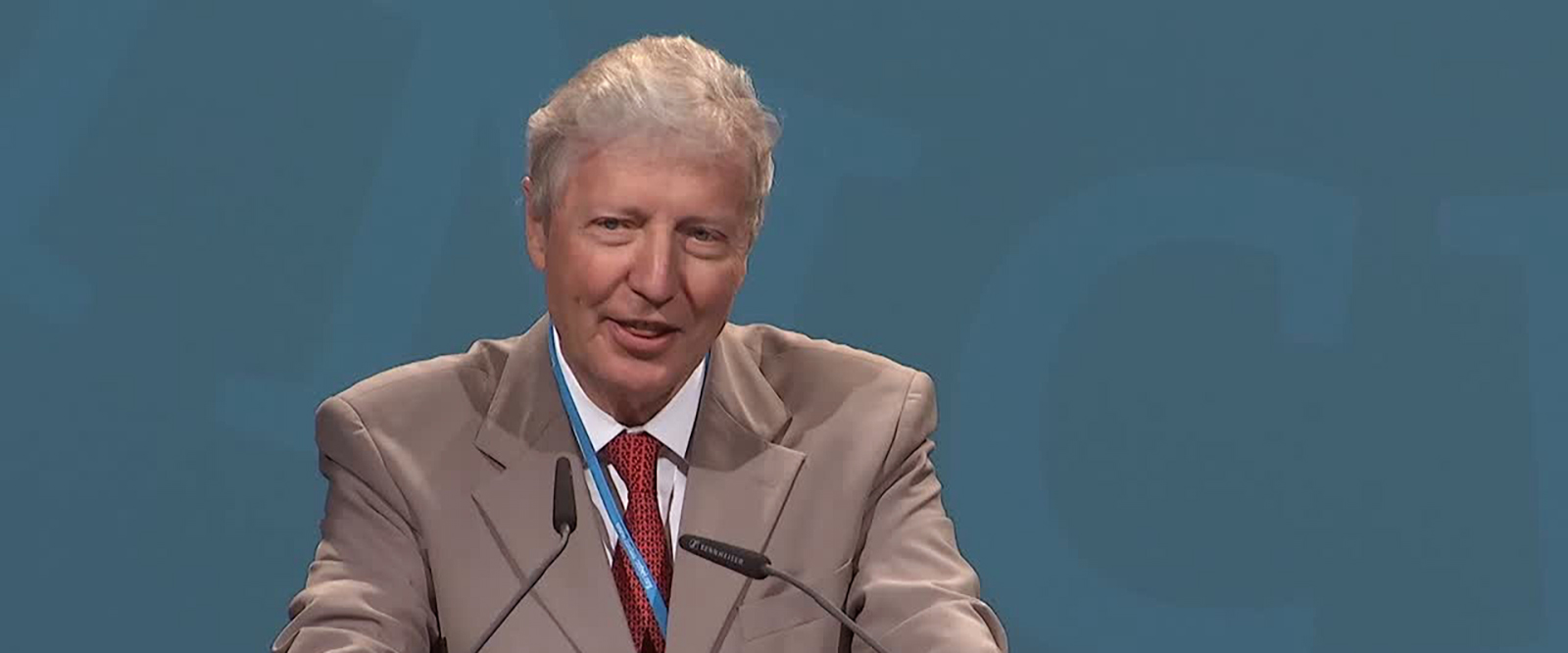
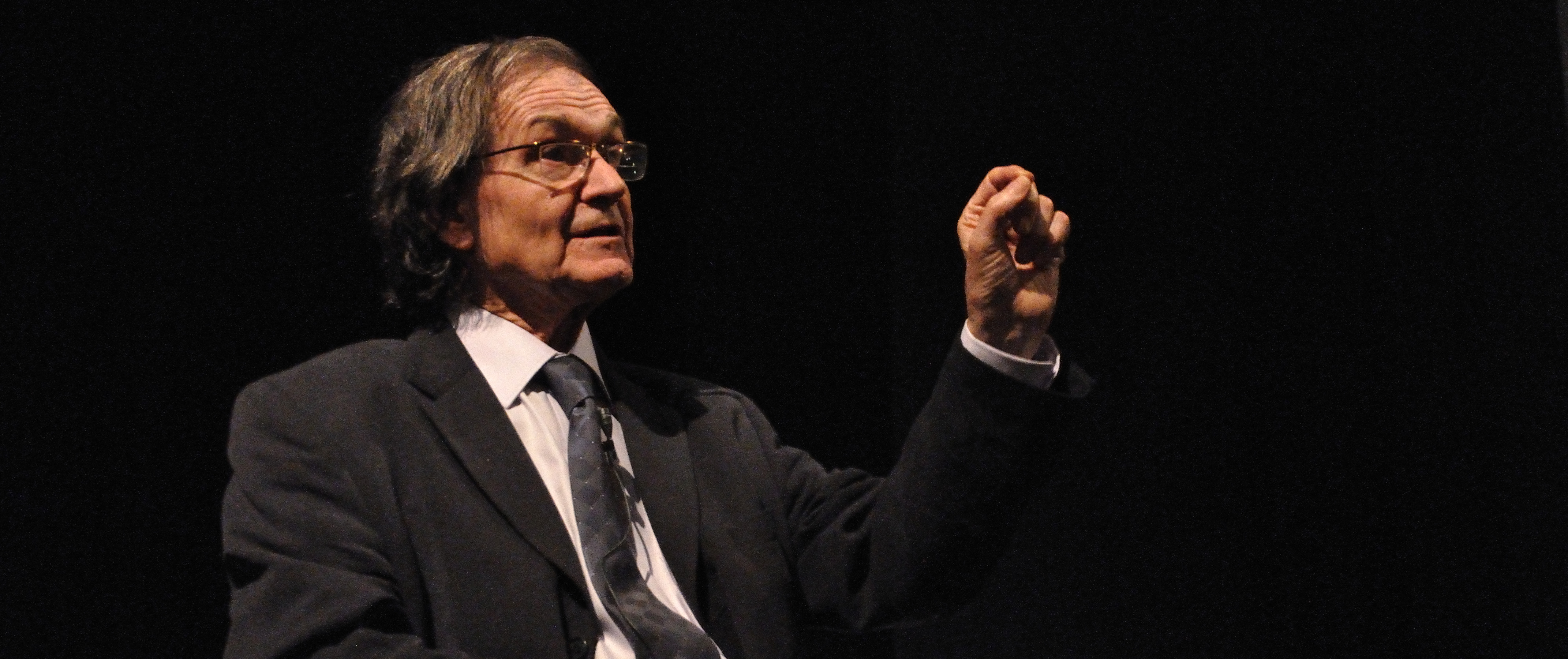
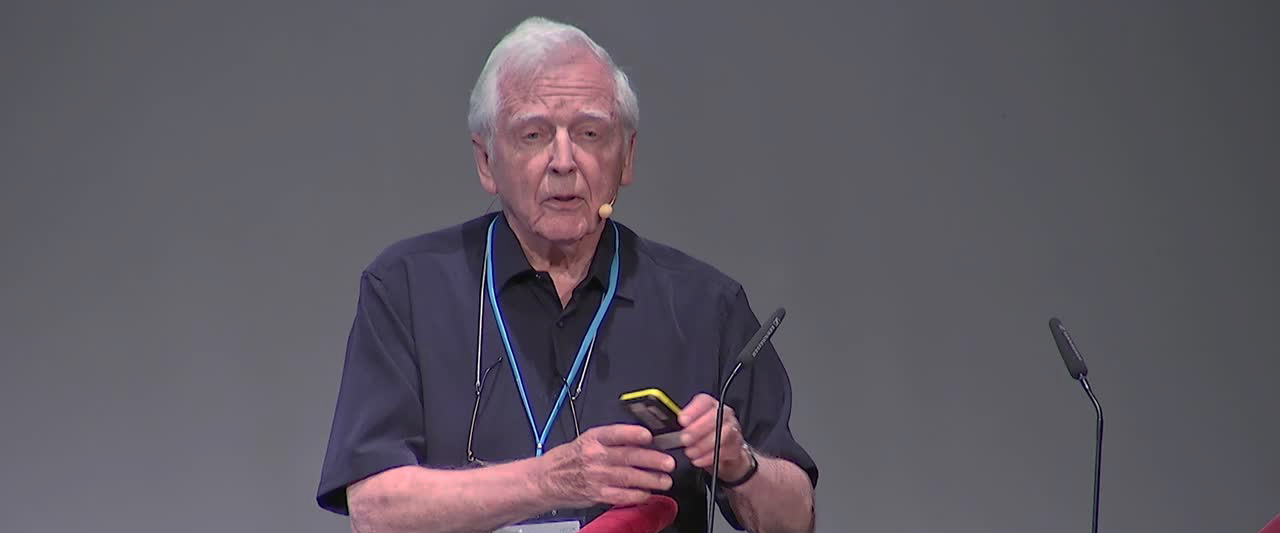
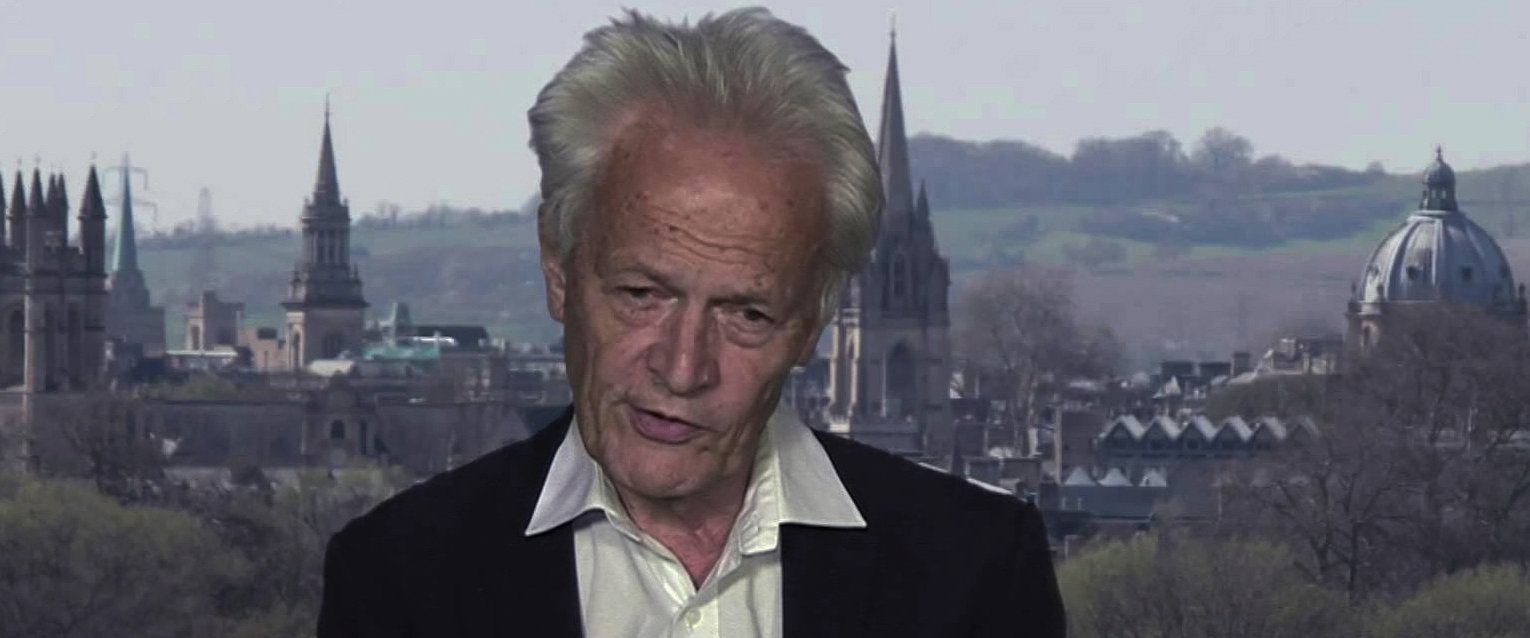
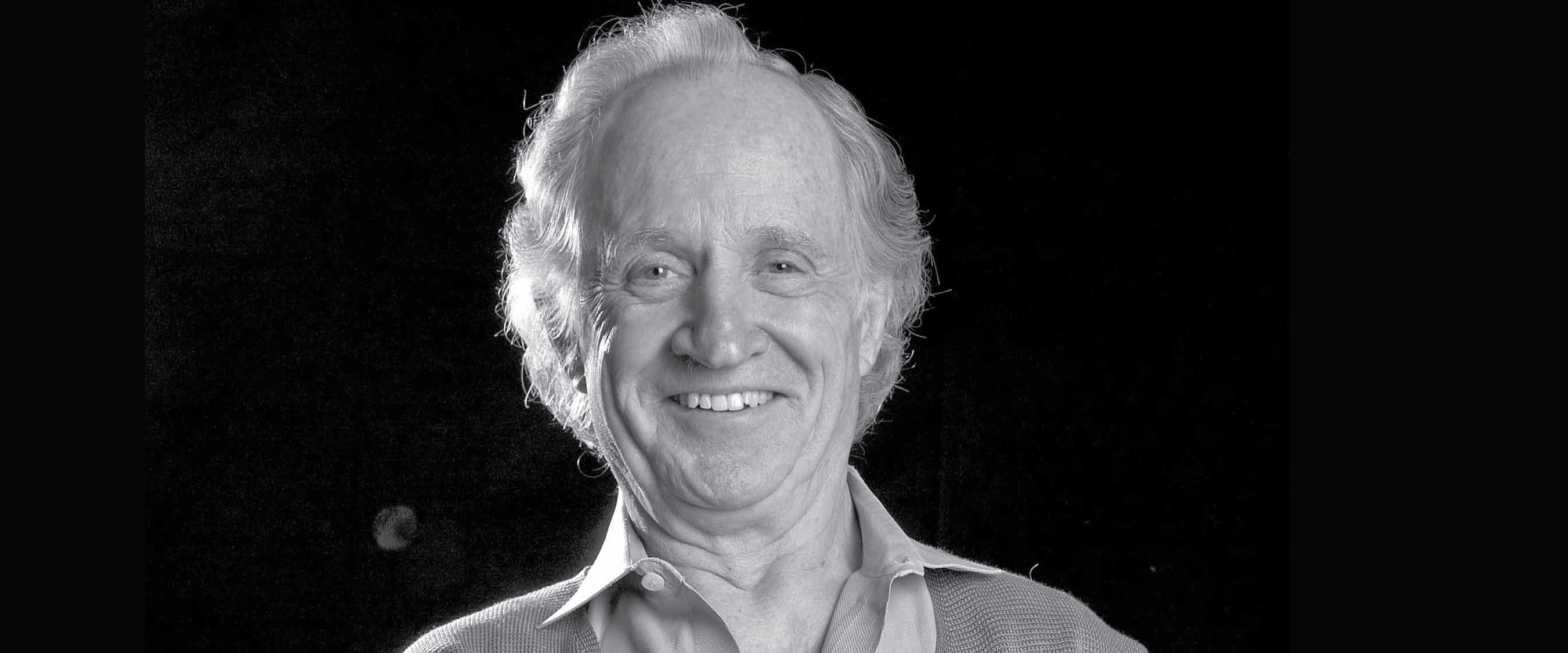
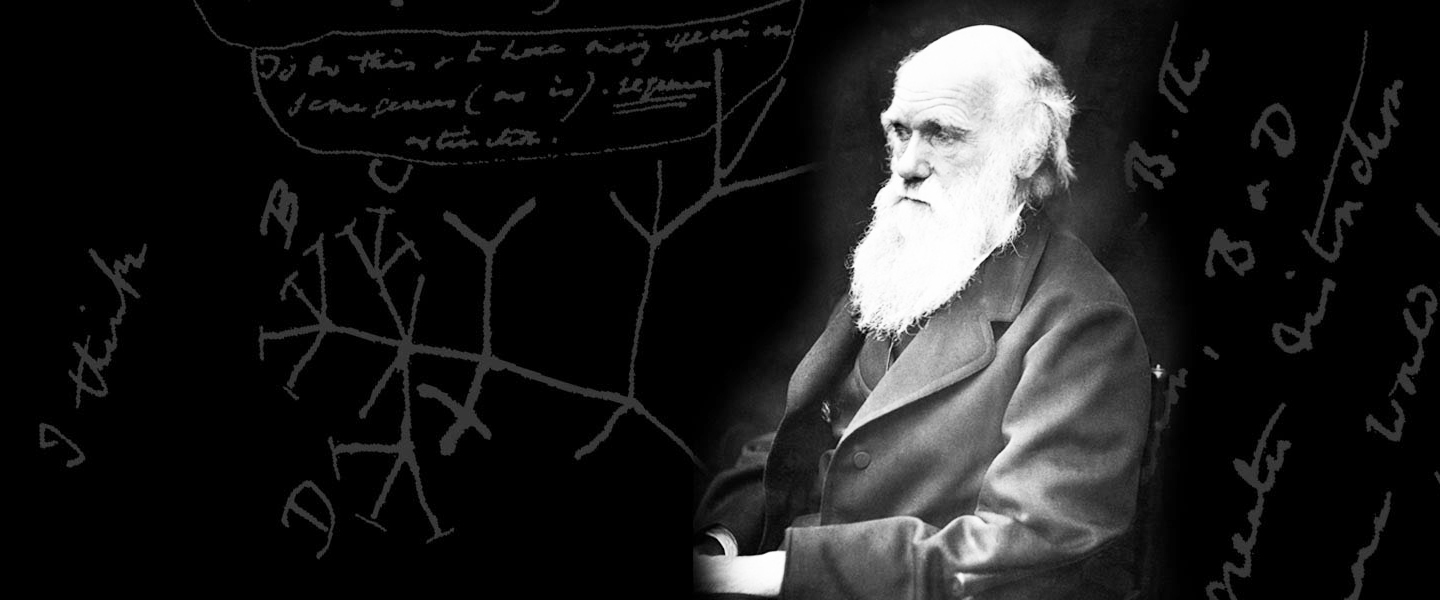



















 Articles
Articles